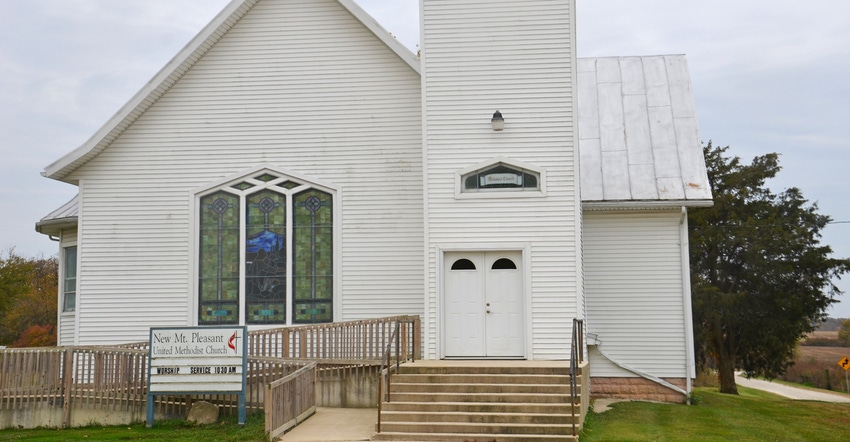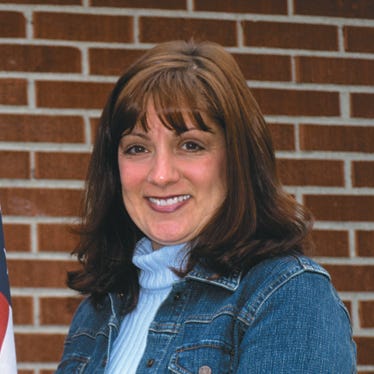November 8, 2019

A panel discussion during the recent Healing in the Heartland symposium was titled “Support, Survive and Thrive: Building Resiliency in Our Rural Communities.” It included three people; two work in the mental health field, Amanda Everidge and Kelsey Steuer. The third was Bill Field, Purdue University Extension ag engineer and farm safety specialist.
The day’s topic was mental stress brought on by the challenging 2019 planting season, coupled with tight financial times, especially for dairy producers. Each panel member added to the day’s somber yet hopeful message.
But it was Field who resonated with the audience immediately. He delivered a message of hope that spoke to the hearts of faith present that day. In fact, almost half the speakers at the symposium mentioned their faith.
Field called out “the church” and how it should be a safe haven and a place where anyone, including those in the field of agriculture, could receive hope and help.
“The local church in rural communities has always been a place of support for people in need,” Field said. “Many times, those are physical needs. But it ought to be a place of support for those suffering from various forms of stress, too.”
Sometimes it’s church members individually reaching out to help someone. Field noted that in his own community, he and others had reached out to help neighbors with farm chores during this topsy-turvy season. They are also there to listen if a fellow church member just needs to talk.
He acknowledged that not all farmers are comfortable talking about their situation. Still others believe there is too much talk about farm stress, at least in the media. Some of those people prefer taking care of their own business. Yet most are open to understanding that some people in the rural community are truly hurting.
Broader call
Equally, Field called out those at the symposium to get back to the roots of faith that once was so strong in rural communities. After all, wasn’t it those you worshipped with who came to your rescue in times of trial before? Maybe you were sick and couldn’t get your crop in or lost a family member. Rural communities are noted for banding together and getting crops in or out, often with a tie to a church-based organization.
There weren’t many dry eyes in the room while three farmers shared their stories of struggles and loss during the day. Field noted most of those speakers said it was faith that kept them going. It was a strong faith in God that helped many as they shared that day how their lives had been impacted by depression and suicide, or suicidal thoughts.
Field underscored the common denominator that seemed to weave the stories together — something bigger than any person or organization could provide. Even though the training was valuable, and the conversations and awareness were beneficial, the concept of a perpetual and powerful hope and help surpassed all.
As Field boldly proclaimed, losing faith makes people prone to losing their way. Despair happens when hope diminishes. But for those who walk a life of faith, they’ve chosen to place their hope fully in a savior and creator/sustainer/god who is eternal, holy and compassionate to the sorrows of mankind.
McClain writes from Greenwood, Ind. Tom J. Bechman contributed to this story.
About the Author(s)
You May Also Like






